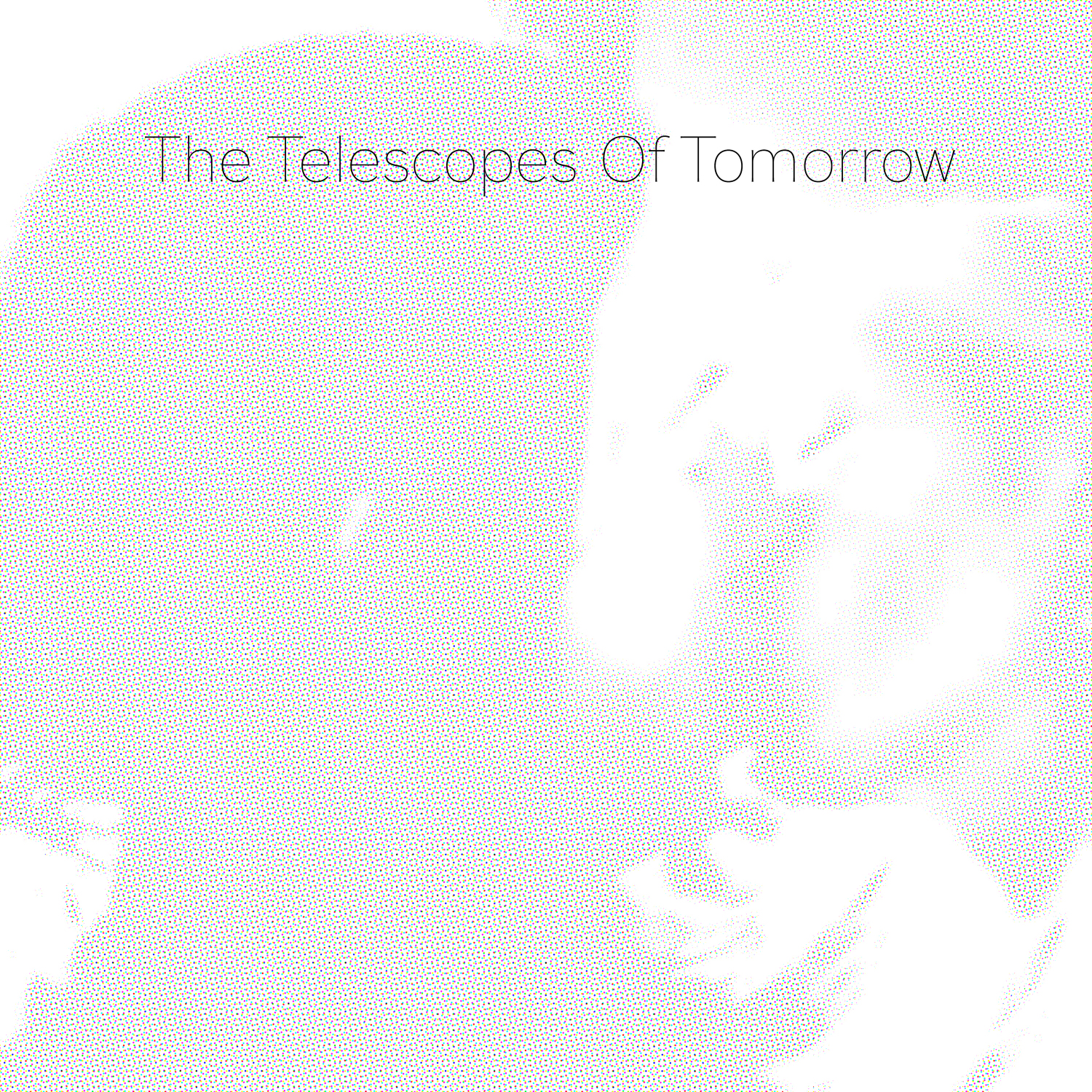Of Tomorrow by The Telescopes–Album Review
Of Tomorrow by The Telescopes–Album Review
Of Tomorrow is the fifteenth studio album released by English band The Telescopes, formed in 1987. It’s filled with the usual hallmarks of psychedelia and space rock: Eastern-influenced riffs and runs, a sound-heavy lean with synth and organ and minimal stark lyrics.
With eight tracks and a run time of approximately forty-five minutes, time emerges condensed; without close attention, songs run together with a permeating sameness. Perhaps this demands attentive listening. Perhaps The Telescopes, a Theseus’ Ship with only one original member, Stephen Lawrie, have run out of things to say. Produced out of Lawrie’s studio in
Of Tomorrow’s Achilles heel is that most of the songs sound pretty much the same
Shropshire, England, Lawrie is credited as sole writer, composer, and producer. It is the Telescopes’ fifth release with Tapete Records, an independent label out of Hamburg, Germany.
Psychedelia often uses sound as narrative. Lapping waves, sound bites, clocks: these elements either add to the immersive goals of psychedelic or propel a story further, telling listeners what melody or lyrics decline to say.
Of Tomorrow opens with “Butterfly”, a crunchy guitar rhythm that keeps time in step with a stripped-down backbeat. The whirr of butterfly wings emerges mechanically from the surf of sound. Their intent is unclear. The track is so sinister that the flittering evokes less of a Monarch landed upon thistle but a man-made amalgamation of insects, fluttering threateningly around us like Frankenstein’s monster taken to the air. It is possibly the album’s strongest musical argumentation. “Butterfly” spills into track 2, “Everything Belongs”, despite a notable sound break. Much psychedelic music is transitional, with segues, reprises, or seamless track changes better appreciated in 2023 without the pesky “flipping the record over”. Unfortunately, Of Tomorrow’s Achilles heel is that most of the songs sound pretty much the same, with no clear reason brought forth musically as to why this is. Or perhaps, I’m simply at ill at odds with noise rock.
“Where Do We Begin”, track 3, pulsates with a dark, Berlin sound. Monotonously, the song raises existential questions of the self, asking “Where does it end/where do we begin?”. Of course, the following question listeners ask is: what is “it”? What is the “it” that ends? The song declines to answer. “Only Lovers Know” (track 4) is a standout on Of Tomorrow. It possesses the same lilting melancholy of the Velvet Underground’s—a frequent Telescopes inspiration and comparison—“Pale Blue Eye”. Cymbal and organ driven, the song offers a decidedly late 60s sound, yet Lawrie’s deep, somber delivery evokes more Leonard Cohen on his final studio album, You Want It Darker, which chose sincere, simple poetry over past more intricate tendencies.
courtesy of The Telescopes
“Oh, come my love/away with me/”, sings Lawrie, “where only lovers go/ [belong?
along? alone?—sections of tracks are lyrically hard to discern at times] with me/come my love/away with me…”. The album is constituted of repetition in verse and chorus; songs seem to arrive at their convictions through repetitive journeys. This technique serves an incantatory role; in poetry, repetition is used to draw attention to a line or verse. However, the pitfall of such choice, in the context of an already cyclically melodic album is that, at times, it falls a little short.
Of Tomorrow proclaims transformation after hardship, perhaps how a caterpillar becomes a
chrysalis becomes a butterfly. “I’ve walked through thunder/I’ve walked through madness” sings Lawrie on the lighter, twinkling “Under Starlight”. “I’ve walked through fire/I walk with giants”.
In a way, this argumentation succeeds purely because it is so dolefully hammered home to
listeners. Yet themes and claims tackled are so expansive that repetition, insistence alone, leaves the listener wanting just a little bit more. Or, go listen again.
Of Tomorrow, from the Telescopes on Tapete Records, is out May 19th, 2023.
Related: The Telescopes: Songs of Love and Revolution–Album Review
Gallery
Recent Articles
Vinyl Relics: Black Kangaroo by Peter Kaukonen
•
February 21, 2026
Podcast–Carlos Tanner
•
February 18, 2026

Loading...




